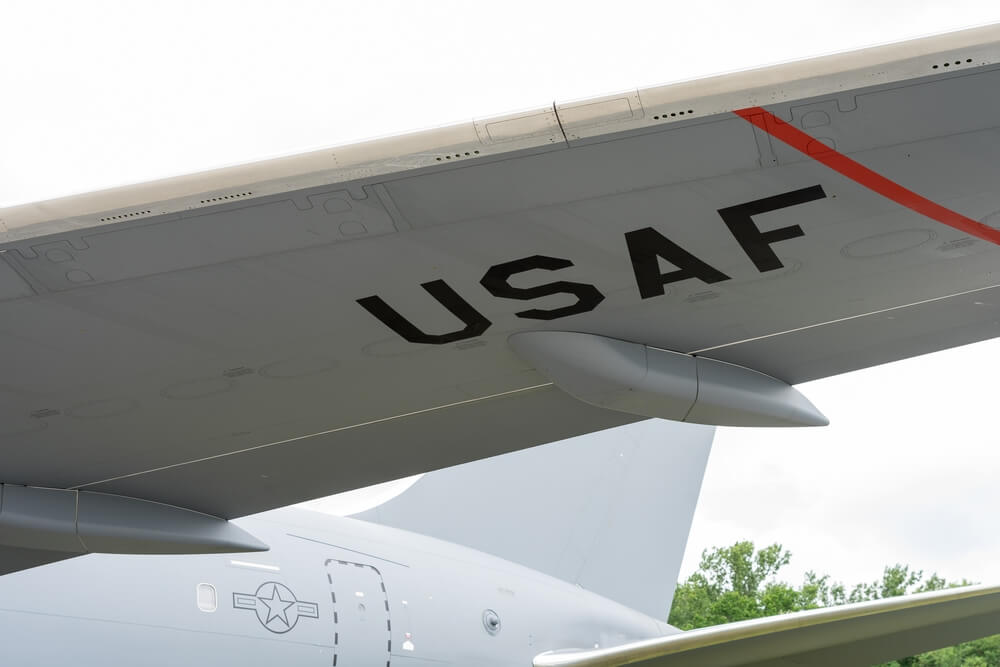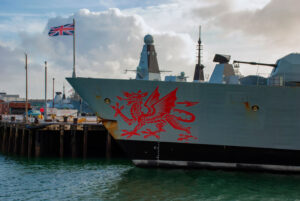A reliable and affordable air refueling capability is fundamental to accomplishing the U.S. Air Force’s critical role in defending the nation and its interests around the world.
As with all weapon systems in the Air Force inventory, keeping pace with changing threats and delivering needed capabilities while doing so at an affordable cost is an underlying principle. The Air Force selected the Boeing Co. KC-46 Pegasus in 2011 because of its modern capabilities to carry the air refueling mission load for decades to come.
The Air Force plans to buy 179 KC-46s, of which 84 have already been delivered. This roughly $4.9 billion contract is expected to be completed by the end of 2027. But the Air Force is facing pressure to rethink its tanker modernization strategy and cut back on new KC-46 contracts.
Cutting back would be a bad idea.
Chairman of the Joint Chiefs of Staff Gen. Charles Q. Brown outlined the challenges facing the Air Force when he was the service’s top military official. Staying in the fight longer across multiple theaters is one of those tough challenges. The KC-46 enables this mission by delivering enhanced air refueling capabilities and features in a modern airframe. It is the most advanced refueling system in the world, with the latest technology and capability for the warfighter to employ wherever they need to operate.
The KC-46 is also critical for the Air Force’s long-term affordability plan. Gen. Brown noted that the Air Force and its industry partners “owe it to the American taxpayers to examine how we can provide greater value at an affordable cost to the nation’s defense.” The KC-46 Pegasus is based on an “in production” commercial platform, the Boeing 767. While there are differences, the underlying maintainability and supportability are built upon experiences from commercial operators, and this can be applied to the USAF’s operations and support infrastructure planning.
The KC-46 aerial refueling tanker was designed specifically to deliver on the Air Force’s tanker modernization plan, and it is the only aircraft that meets all current air refueling tanker requirements. It also meets the airworthiness and performance certification standards for both the Air Force and the Federal Aviation Administration (FAA).
A smart investment for the Air Force
Defense budget constraints make smart investments more important than ever. Gen. Brown acknowledges that the Air Force “already faces increasing budget pressure based on growing costs of sustainment for current and aging force structure, continuous combat operations and long-deferred modernizations.”
Getting all the KC-46 airplanes fully delivered will provide cost savings at a time when the Air Force needs it most. It is designed to operate from existing military infrastructure, vastly reducing the need for military construction projects and enabling bases to transition more quickly and maintain readiness. The Air Force is replacing legacy air refueling aircraft as fast as mission requirements and production rates will allow, with the goal to reduce duplicative supply chains, spare parts pools, support equipment, maintenance, and aircrew training demands as quickly as possible.
Work continues in the KC-46 program to improve system capabilities as well as production quality so the Air Force can get the airplanes in sufficient numbers and provide needed mission readiness to its airmen.
Investments already made into the KC-46 ensure it meets standards and requirements set by the Air Force while work continues to make further design and production improvements – including addressing modernization delays and budget overruns – to overcome challenges every new weapon system faces as it is fielded.
It’s a highly capable airplane and will continue to improve over time, enabling the Air Force to meet its commitments to deliver combat capability for the warfighter whenever it is needed.







